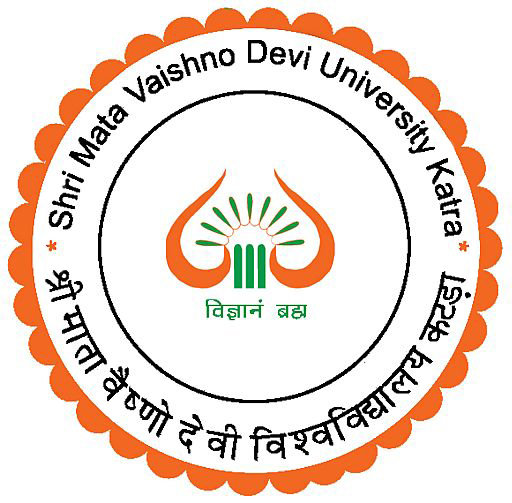
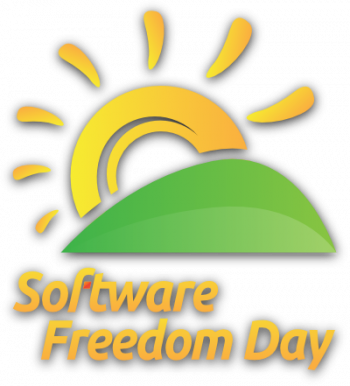
Software Freedom Day Celebration
(21st - 27th September 2015)
Organised by :
School Of Computer Science & Engineering,
Shri Mata Vaishno Devi University, Katra, J&K
HELLO!
I am Atul Kumar Mishra
I am here because I love Open Source.
You can find me at at.mishra007@gmail.com
4th year, CSE
What is FOSS?
FREE
AND
OPEN SOURCE
SOFTWARE
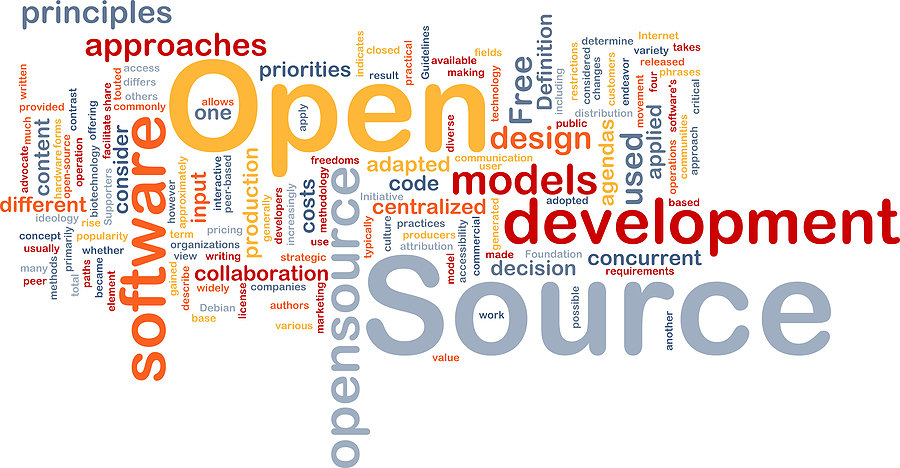
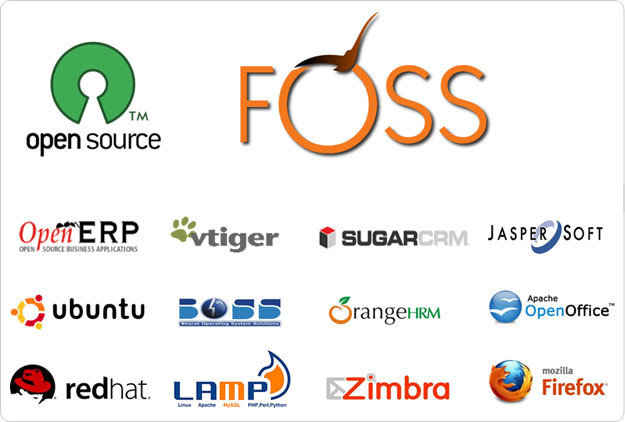
Free Software
- This term was coined by Richard Stallman in 1985.
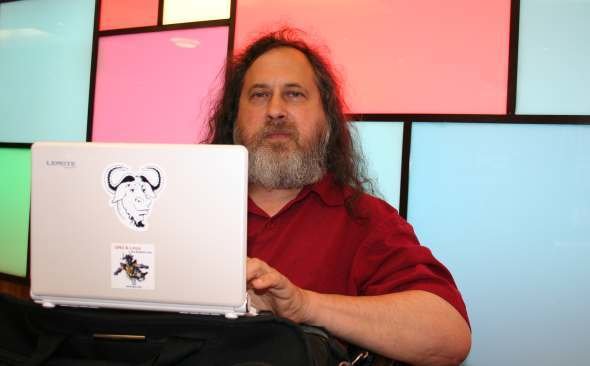
- The user have the freedom to run, copy, distribute, change and improve the software.
- This is a matter of freedom, not price, so think of 'free speech' not 'free bear'.
Open Source Software
- Software whose source code is available for modification or enhancement by anyone.
- According to OpenSource.org, "Open Source is a software that can be freely used, changed and shared(in modified or unmodified form) by anyone. Open source software is made by many people, and distributed under license that comply with the Open Source Defination. "
- You cannot look into the source code of free software(zero cost software or pirated software that is distributed freely), but you can have access to the source code of open source software.

What is Software Freedom Day?
Software Freedom Day (SFD) is an annual worldwide celebration of Free Software. SFD is a public education effort with the aim of increasing awareness of Free and Open Source Software and its virtues, and encouraging its use.
Software Freedom Day was established in 2004 and was first observed on 28 August of that year. About 12 teams participated in the first Software Freedom Day. Since that time it has grown in popularity and while organisers anticipated more than 1,000 teams in 2010 the event has stalled at around 400+ locations over the past two years, representing a 30% increase over 2009.

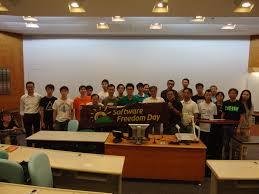
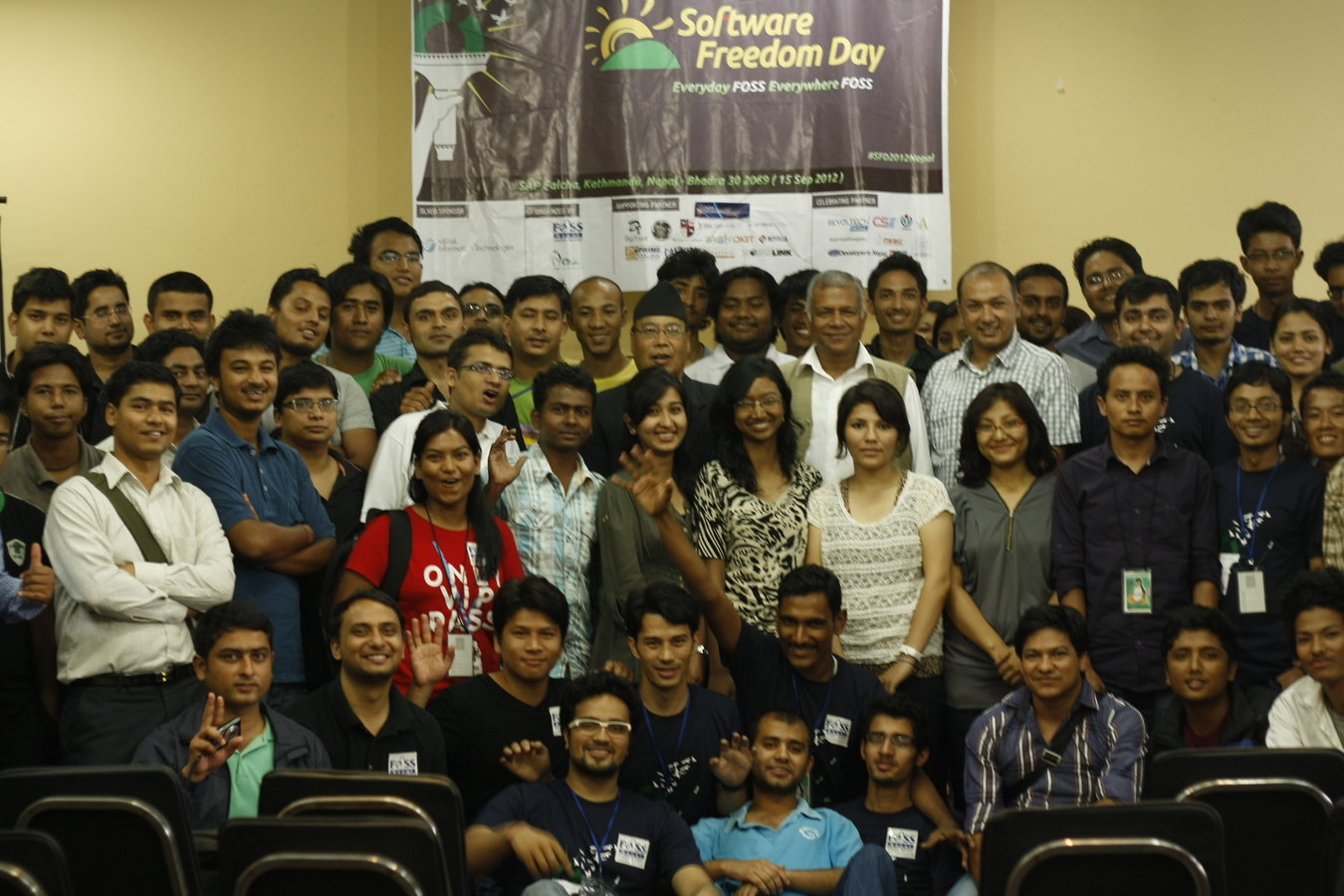
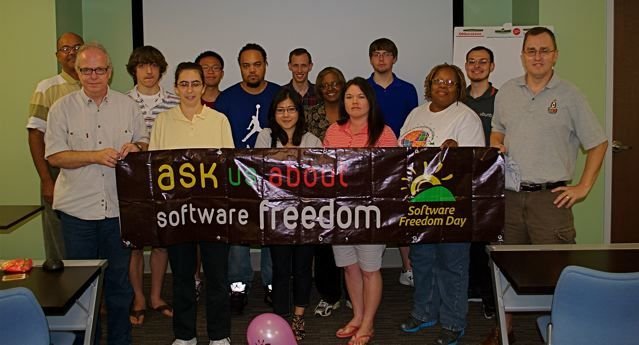

The need of Open Source
In the early 1980's, Richard Stallman, a computer programmer and hacker, and few others were not allowed to modify the code of the newly installed laser printer at AI labs, where they worked. Stallman wanted to add functionality so that it sent electronic notifications to the user when its printing job was completed but was prevented from doing so.
This and few other events triggered the birth of open source software.
Today, in this rapidly developing digital era, Open Source Software plays a vital role.
Benifits of OSS
- Individuals or organisations do not have to pay for any software licences. They can download, use and modify OSS.
- The users are effectively co-developers, who can suggest different improvements to the software, help in fixing bugs or even get into the source code and modify it according to their needs.
- Open Source Software continuously evolves, as more and more developers contribute to it, adding to and modify it, makes the software better, more secure and relatively bug-free, compared to the proprietary software.
Power of Sharing..Power of OS
- The power of collaboration that the OSS ideology has unleashed is best demonstrated by the Linux kernel, which is developed and maintained by the community.
- The reason the Linux kernel is being used in the palm-sized Rasberry Pi computers, in supercomputers that power space stations, in cars as well as submarines that dive deep into the sea, is because people from around the world collaborate and add patches to the kernel.
- Nearly 12,000 developers from more than 1,200 companies have contributed to the Linux kernel since tracking began 10 years ago.
- The average number of changes accepted into the kernel per hour is 7.71, which translates to 185 changes every day and 1,300 per week.
If Linus Torvalds, the creator of Linux has felt like keeping his project to himself, he would have ended up founding another Microsoft, and the world as we know it would have never been the same.
So definitely, the future is open!
How Open Source works?
- The users are effectively co-developers, who can suggest different improvements to the software, help in fixing bugs or even get into the source code and modify it according to their needs.
- The development of OSS happens collaboratively.
- Suppose while using some open source software, you stumble across a bug, or you would like to add a new feature to it, so you contact the development team.
- If it's a bug you've found, you submit it to the bug tracker. If it's a new feature or patch that you'd like to add, and if the team likes your idea, you might be asked to write the patch yourself!
- If it is an easy task, then you can yourself modify the code, do some tests and submit the patch. If the team accepts your patch and applies it, then you are happy that your contribution makes the software even better.
- If you've created amazing software and want to open source it. Again, it is simple :)
- You create a zip of your code and publish it on one of the open source software hosting sites like Github, SourceForge, GoogleCode, Gitorious and many more.
- Once your project is out there, people will come across it and start collaborating.
Why Students Should get involved in FOSS Development?
- By getting involved in a FOSS community, you get to work on real-world problems, learn from experts, build a network and, of course, get discovered.
- Your code is out there. If you are up for a job, it shows recruiters that you are concerned about the community and not just about yourself.
- Open Source development is much more than just computer programming, there are lot of different kinds of tasks to choose from Code, Documentation/Training, Outreach/Research, Quality assurance, User interface.
The Various open source programmes open to students
Google Summer of Code (GSoC) for university students:
Google Summer of Code is a global programme that offers post-higher secondary student developers, of age 18 and older, stipends to write code for various open source software projects.

The programme offers a stipend of US$ 5500 and is conducted entirely online. Students and mentors from more than 100 countries have participated over the past years.
GNOME's outreach Program for Women(OPW):
OPW is a programme that encourages women to contribute to FOSS. It offers a stipend of US$ 5500. It provides a supportive community for beginners to contribute anytime throughout the year, and offers focused internship opportunities twice a year with a number of free software organisations.

This program is welcome link that will connect participants with people working on individual projects in various FOSS organisations and guide them through their contributions.
Google Code-In for high school students:
The Google Code-In contest gives high school students around the world an opportunity to explore the world of open source development. Participants complete their task of their choice for variety of open source software projects.
Students can win t-shirts, certificates and hoodies for their work and 24 dedicated students from around the world win a trip to Google's headquarters in Mountain View, CA, USA.
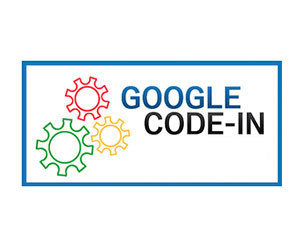
So who is building products on the top of OSS?
The answer is almost everyone...
- Google has contributed over 20 million lines of code from over 900 open source projects. The best example is Android, which is based on Linux.
- Chromium is Google's web browser, Gerrit is a web based code review system, Go is a programming language and many more...
- Facebook's Buck is a build system for android that helps in building reusable modules, Bolts comprises a few libraries for Android and iOS that help in making apps easier, React is a JavaScript based library, Presto is a distributed SQL query engine and the list goes on..
- Red Hats's community driven Linux based operating systems, CentOS and Fedora, are very popular. Red Hat also has its own cummunity driven version f OpenStack RDO and JBoss Developer, which is an application server that is open source.
- Ubuntu, one of the world's most popular and widely used operating systems, is developed by Canonical. MAAS is a another innovative project that helps to manage the physical servers and the cloud.
Understanding How Open Source Software Developers Make Money
- Offer Support and Services
By far the most common method of income is to provide a service alongside the OSS product.
- Maintenance services: Most companies value their time more than their money so this is a great way to go, especially for server-based software. Paid installation and setup, or on-call administrative support are two prime examples.
- Lectures and workshops: If your software is popular enough, you could hold workshops for individuals who want to learn everything from the basics to the most advanced aspects.
2. Sell Instructional Material
Documentation: Many OSS projects include documentation for free and there’s nothing wrong with that. However, good documentation is time-consuming to produce and incredibly valuable, so much so that it may deserve a price tag.
Tutorials and examples: If paid documentation doesn’t sit well with you, you can always release it for free and then charge for tutorial resources. This applies more for complex frameworks like game engines and not so much for singular applications.
3. Paid Plugins and Enhancements
Paid extensions: offer the base software for free and sell your own extensions for advanced features. Example, WordPress. It’s offered free of charge for anyone to use and modify, but there are plenty of WordPress Professionals who make a living by creating and selling WordPress plugins.
OSS has changed the way we operate in the digital world. More and More people are being attracted by its collaborative culture. As in the Freedom of speech, we have inherited the freedom to use software. And this is going to go a long way!
Future is free..Future is Open Source..
Get ready for the era where collaboration replaces corporation!!

Any Questions??